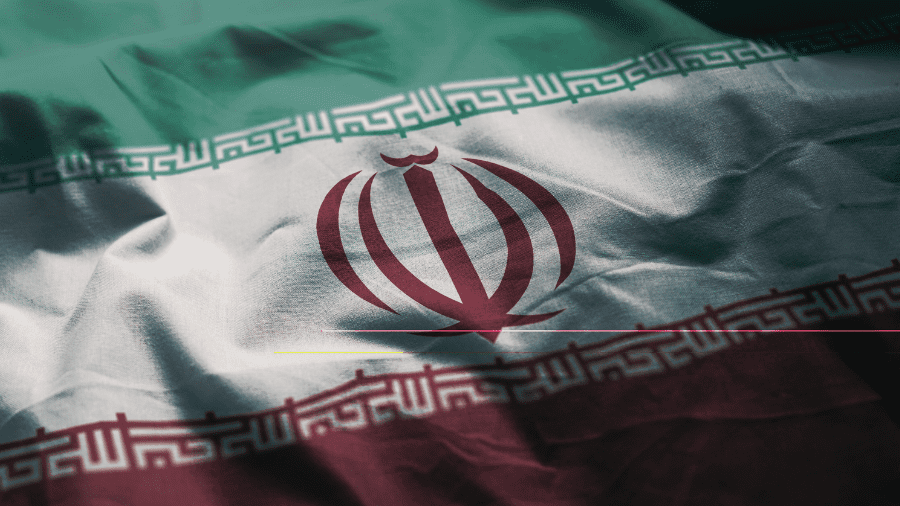This article originally appeared in the Globe and Mail.
By Kaveh Shahrooz, October 18, 2023
When the Nobel Peace Prize was announced on Oct. 6, I was asked by my colleagues at the Macdonald-Laurier Institute to write a profile of the 2023 winner, imprisoned Iranian human-rights activist Narges Mohammadi. It seemed simple enough.
Then, the following day, the Hamas attack happened.
It became difficult to focus on writing about Ms. Mohammadi as Hamas’s homicidal attack on Israel played out on my computer monitors. Hamas murdered more than 1,300 Israelis, mostly civilians, with many of them, including children, killed in the most gruesome of ways. Hamas is also suspected of taking as many as 199 hostages. In response to this clear provocation, Israel has since killed many innocent Gazans through bombings and will likely invade Gaza soon.
Suddenly, the profile I was planning to write seemed wildly out of sync with what I was watching. The two stories seemed totally unconnected in their nature, geography and scale.
But further reflection revealed that, in fact, a clear thread runs through them. They represent a battle over the soul of Iran, with vast implications for the rest of the Middle East and, indeed, the globe.
The Hamas attack is, first and foremost, a story about antisemitic terrorism. But it is also, in many ways, a story about Iran’s regime. While Iran’s role in the planning and ordering of the attack has been widely speculated about in the media, there is not yet a “smoking gun” proving this link. But it is hard to imagine that Hamas, a terror group that receives US$100-million annually from the Islamic Republic, and whose leaders are received at the highest levels in Tehran, would attempt such a brazen attack without Iran’s sign-off. (It is worth noting that, despite sanctioning many Iranian entities, Iran’s Islamic Revolutionary Guard Corps (IRGC), Hamas’s key patron, has not been listed by Canada as a terror group despite repeated demands by activists. A subset of the IRGC, the Quds Force, is on Canada’s terror list.)
The weekend attack is also consistent with the Iranian regime’s weltanschauung. Antisemitism and a desire to destroy Israel have been cornerstones of Islamic Republic policy since its founding in 1979.
But Tehran’s appetite for destruction goes beyond Israel.
Enmity with the world is woven into the regime’s DNA. It came to life with the hostage crisis of 1979, manifested in the Beirut bombings, and continues in the standoff over its nuclear program.
At home, the regime is soaked in blood. Its current President was directly involved in a massacre Canada deemed a crime against humanity. It oversees a gender apartheid apparatus that killed Mahsa Jina Amini last year for “improper hijab.” It is one of the leading executioners in the world.
It is, in short, a regime ripped from the darkest corners of the Middle Ages and transported to the 21st century.
But languishing in its prison, in the person of now-Nobel Laureate Narges Mohammadi, is a different vision.
A vice-president of the Defenders of Human Rights Centre in Iran, Ms. Mohammadi has spent years fighting against the regime’s misogynistic laws and has been outspoken in defence of political prisoners and dissidents killed by the regime. For this, she has been imprisoned more than a dozen times.
I do not believe in hagiography and should say that I believe Ms. Mohammadi has blemishes on her record. She participated in, and encouraged others to participate in, Iran’s sham elections for far too long – notably taking part in the notoriously unfree and unfair 2018 presidential elections from inside her prison cell. In recent years, her language about sanctions and the nuclear deal has sounded oddly similar to Tehran’s talking points.
Nonetheless, she rightly seems to have lost all hope in the regime and called for a boycott of the last presidential election farce. She now represents a vision of a future Iran in which women are equal to men, political prisoners do not languish in prison, and the country is not at endless war with its neighbours and the world.
It is, in short, the vision of the Iranians who took to the streets in 2022 and chanted “Woman, Life, Freedom” and “Death to the Dictator.”
If Ms. Mohammadi’s vision prevails, Iran will likely become a secular democracy that helps calm tensions in the Middle East.
If the current regime wins, we can expect more attacks of the type we have seen from Hamas. Perhaps next time with a nuclear weapon.
The two visions – one imprisoned for speaking out and the other finding expression in Hamas guns – cannot co-exist.
Many lives, across the Middle East and beyond, depend on which vision the free world chooses to support.
Kaveh Shahrooz is a lawyer, human-rights activist and senior fellow at the Macdonald-Laurier Institute.






